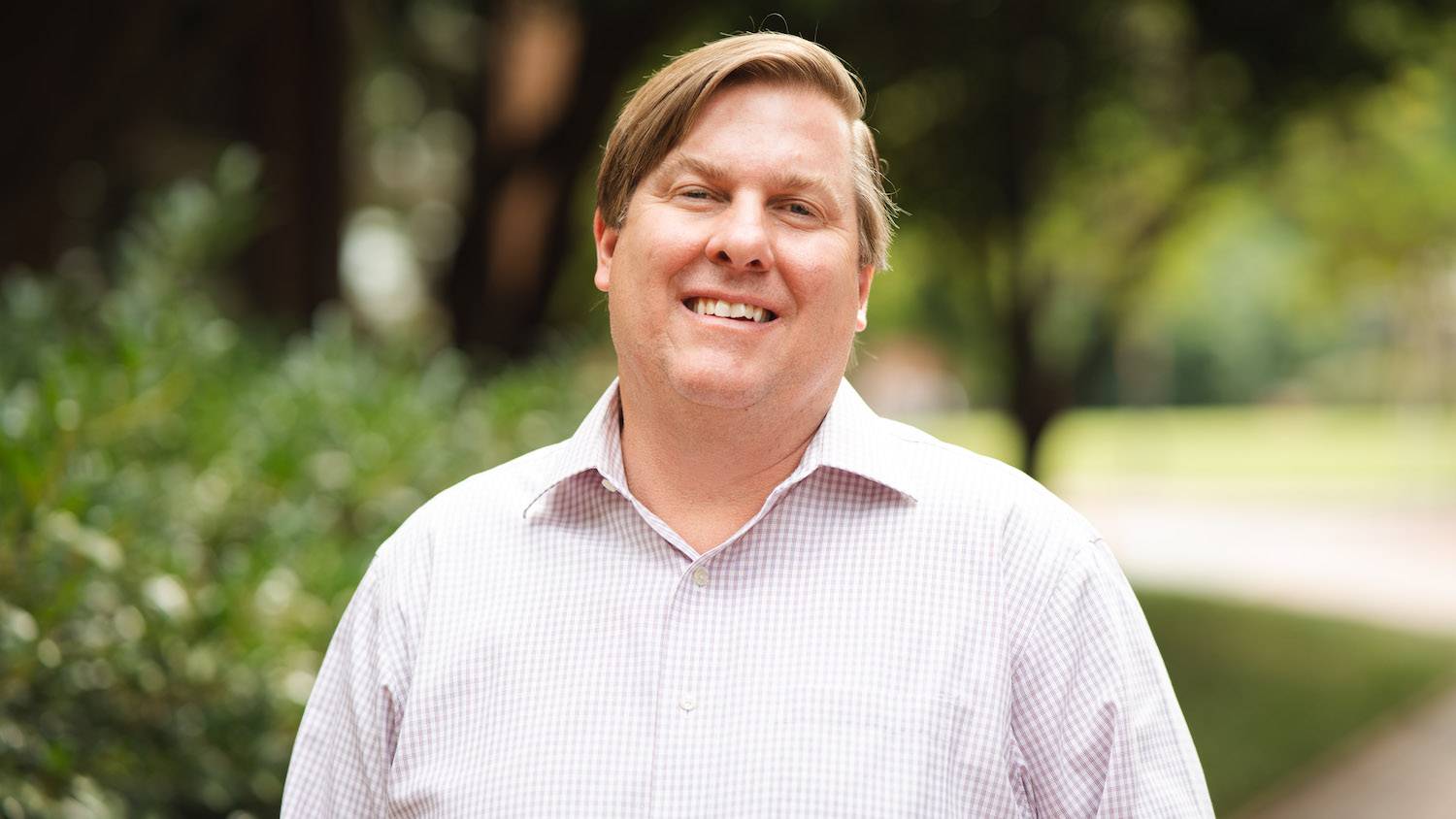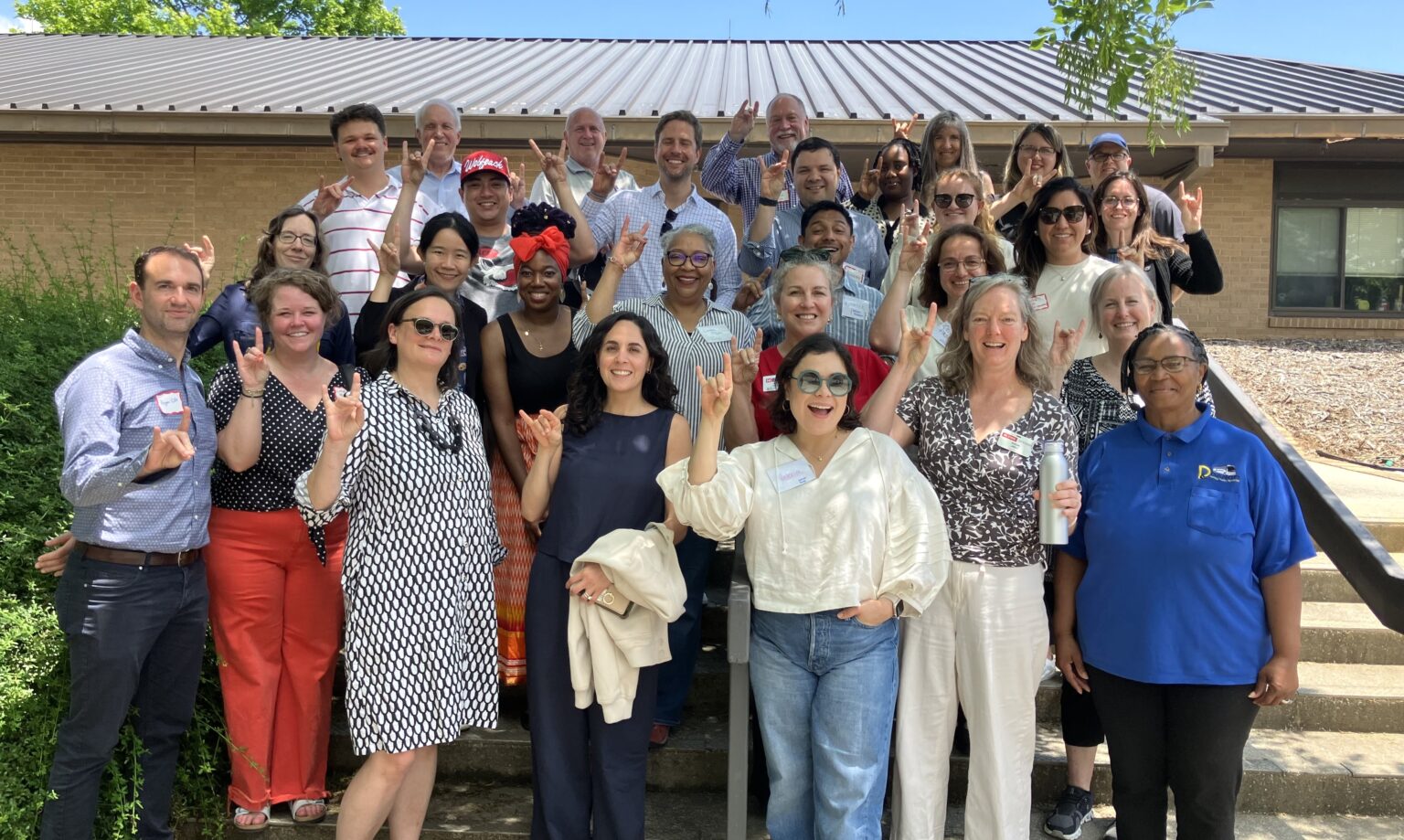NC State’s new lecturer in finance brings more than 25 years of practical investment management experience to the classroom, and it shows. He takes his students beyond the neat, defined world of theory to discover what works in the uncertainty and complexity of the real world.
Q&A with Christian G. Koch
What first drew you to financial planning and investment management?
It actually goes back to childhood. When I was 10, I fell in love with baseball and trading baseball cards. One of my first purchases was a Pete Rose rookie card for $50. My dad was furious that I bought it and bet me $100 I couldn’t sell it for more than I paid for it. After a few weeks, I sold it to my friend for $60 and ended up with $160 in total. That was my first encounter with value investing. I started my investment career as a securities research analyst in 1994 at a mutual fund company called the Linder Funds. I also worked for a time in Fifth Third Bank’s trust department and as a Managing Director at Trusco Capital in Atlanta before founding my own firm, KAMSouth, in 2011.
What are some of the greatest challenges and rewards of running a retirement planning firm?
The most rewarding aspect is the opportunity to build and retain a client base for over a decade. I grow with my clients, and they grow with me. I know their risk profile and how they will react to market events. I’ve been able to help them navigate times of crisis, like when the market was down 40% during the pandemic. If a stock is down 20% from the initial buy price, I will sell immediately to mitigate further risk. That approach has helped us live to fight another day. The challenge of this work is constantly making yourself uncomfortable by buying stocks or positions when they’re out of favor and selling when times are good. Fighting through that discomfort is what my clients rely on me to do.
How do you strike a balance between theory and balance in the classroom?
I use traditional finance textbooks to ground students in theory while using practice-focused books to offer a different perspective. What investment professionals quickly find is that a lot of elegant finance theories and equations work well in the classroom, where we are assuming ideal conditions and perfect information, but not so well in practice. In real life, we make judgments with messy, incomplete data. When you buy a stock, you may have 70% of the info you need to make an informed decision. I earned a Doctor of Business Administration (DBA) a few years ago, and I focused my dissertation research on Warren Buffett’s long-term investment strategy. In the classroom, I integrate insights from Buffett and other successful investors into the conversation so that students are more prepared for what the job looks and feels like in a realistic setting.
“In the classroom, I integrate insights from Buffett and other successful investors into the conversation so that students are more prepared for what the job looks and feels like in a realistic setting.”
What is the most important lesson you try to convey through the assignments and exercises you select?
I try to demonstrate that investing is an art, not a science. Students need to get used to uncertainty and tension. In my BUS 422 investments and portfolio management class, I have found that many of them are not yet used to assignments that have no definitive answer. For example, I will give students five years’ worth of company data, introduce them to an earnings model, and ask them to figure out future earnings per share for that company. Depending on the assumptions they make, they could come up with a range of reasonable answers. It takes many students some time to get used to that context, but it is what they are going to experience in their first job in the near future.
What advice would you give to a student who is interested in building a career in investment management?
“My advice to students is to learn this firsthand by opening a personal Robinhood account and experimenting with buying and selling stocks.”
Robinhood, a popular investor platform, has an advertisement that states that “everyone can be an investor.” The truth is that many people are poorly suited to be investors. It requires a lot of emotional stability, self-discipline, and persistence. My advice to students is to learn this firsthand by opening a personal Robinhood account and experimenting with buying and selling stocks. Put your own capital at risk and lose as much as you can tolerate. This is a perfect way to understand market dynamics and learn how difficult it is to make money.
How do you spend your spare time?
I have five children, two of whom attend college in North Carolina, so that has given me the opportunity to be closer to them. I still love baseball and can usually be found cheering on the Braves during the summer. I also read as much as I can. I’m currently reading a book called The Joys of Compounding by value investor Gautum Baid.
- Categories:



